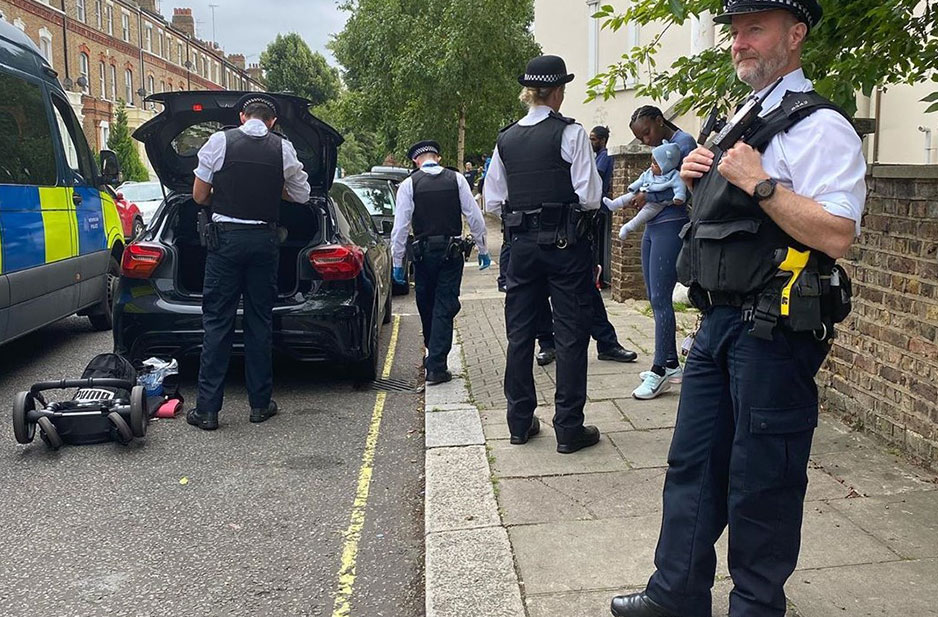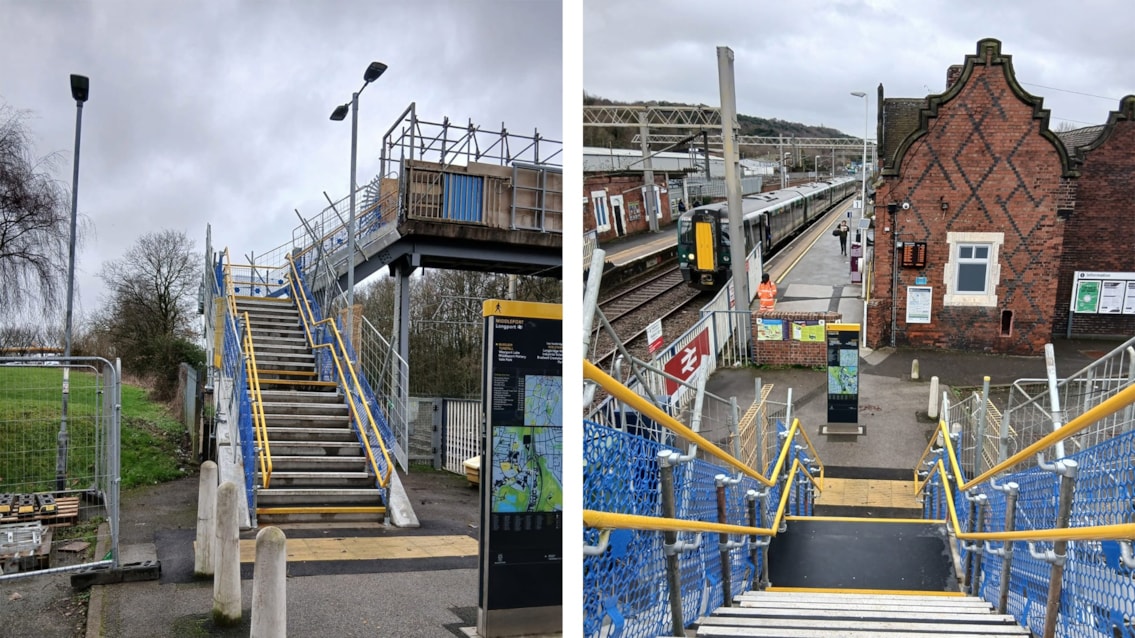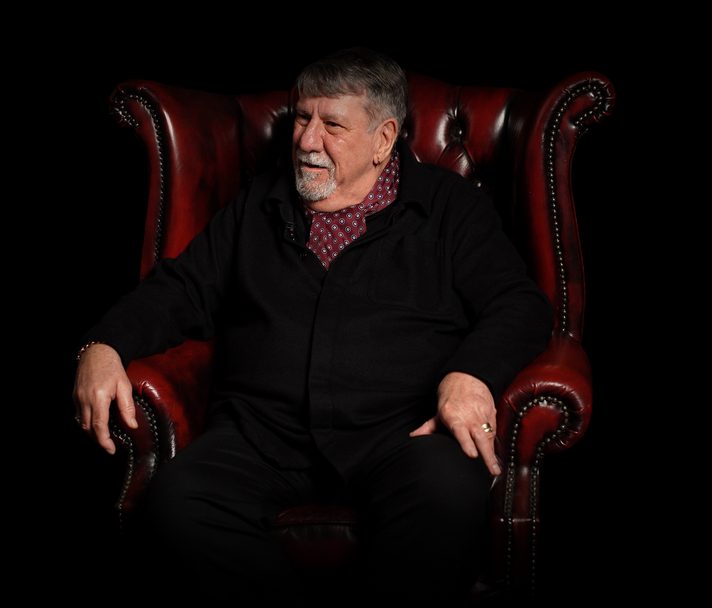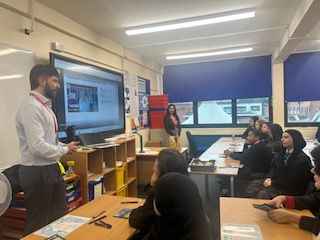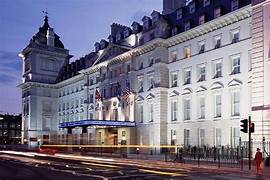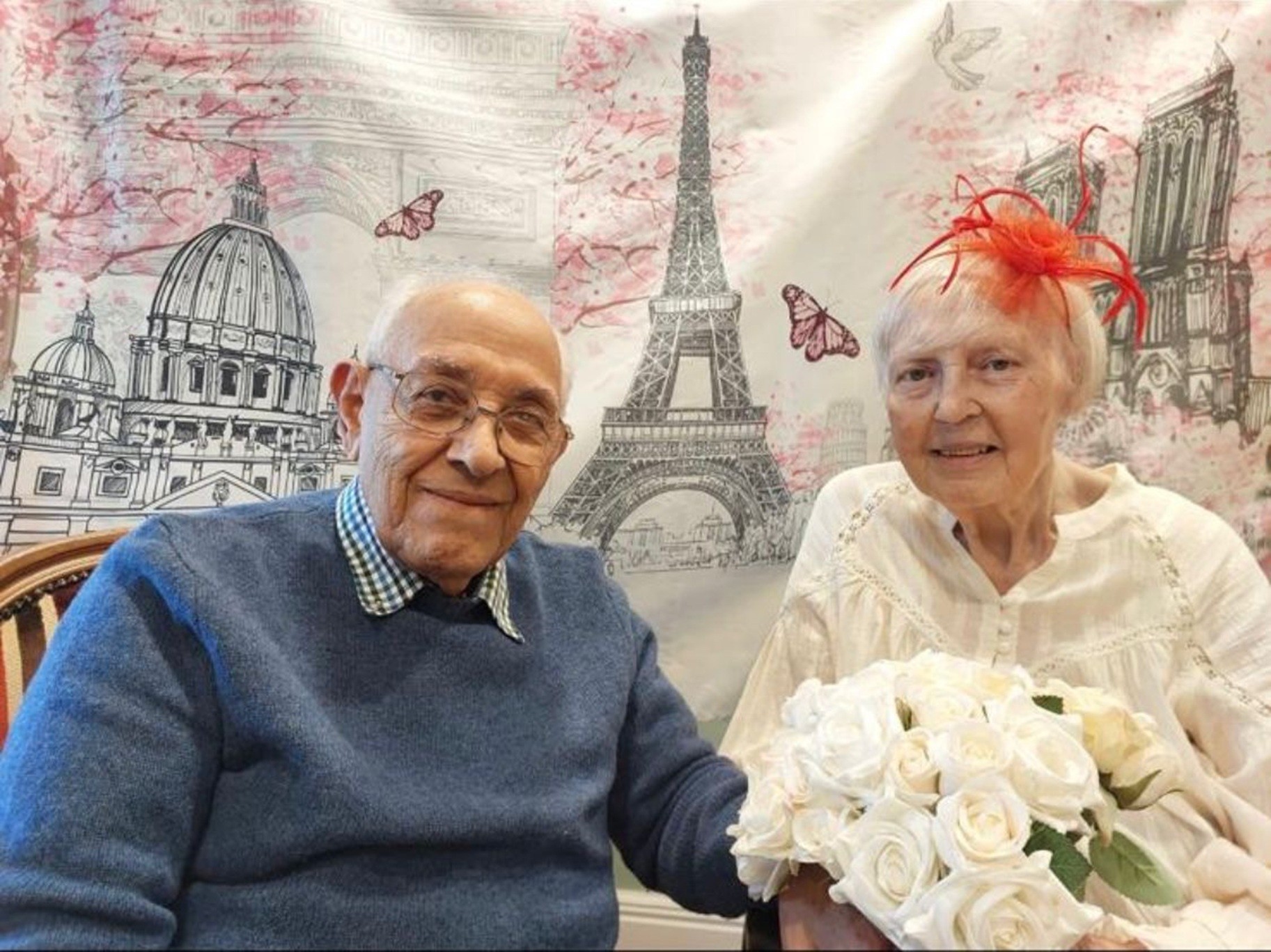Met Police bosses say they want to speak to a Team GB sprinter who is accusing officers of racially profiling her in a stop and search.
Bianca Williams and Ricardo dos Santos, a Portuguese 400m runner, were stopped in Maida Vale, west London.
Commonwealth and European Games gold medal-winner Williams, whose three-month-old son was in the car at the time, called it an "awful experience".
Commander Helen Harper said she was "really keen" to speak to the couple "to discuss... the concerns they have".
The Met had said that officers were patrolling the area in which Ms Williams was stopped because of an increase in youth violence.
But the Ms Williams believes the couple were targeted because they are Black and were driving a Mercedes.
She said: "They [the officers] said there's a lot of youth violence and stabbings in the area and that the car looked very suspicious.
"They see a Black male driving a nice car, an all-black car, and they assume that he was involved in some sort of gang, drug, violence problem."
In a statement the Met said the Mercedes was stopped after it was seen driving suspiciously, including being on the wrong side of the road, and that the driver had sped off when asked to stop.
But this was rejected by Ms Williams, who said: "That is false, we were never on the wrong side of the road. We were driving down through single-width roads.
"We only found out about us driving on the wrong side of the road once they tweeted. This isn't the first or fourth or fifth time, it must be about the 10th. It's getting ridiculous.
"We are planning on taking it down the legal route. I feel very hurt by their actions, and to witness my partner being taken away and for me to be taken away from my son, my heart hurts."
The Met said officers from the Directorate of Professional Standards had reviewed footage from social media and officers' bodycams and were satisfied there was no concern around the officers' conduct during the stop and search of the two athletes.
"That does not mean there isn't something to be learnt from every interaction we have with the public," Cdr Helen Harper said.
"We want to listen to, and speak with, those who raise concerns, to understand more about the issues raised and what more we can do to explain police actions.
"Where we could have interacted in a better way, we need to consider what we should have done differently and take on that learning for the future."
Social media clips of police incidents must be treated with great care.
Often what you see is a short segment of an event that has gone on for some time; background information and context are seldom provided.
In this case, there are conflicting accounts as to what happened and why - which only an investigation is likely to resolve. Nevertheless, the incident has reignited claims stop and search is being targeted at Black people, particularly young men, and has given rise to concerns that handcuffs are being deployed unnecessarily, despite police guidance saying they should not be.
It appears the tactic, which Scotland Yard says has helped to reduce knife violence in London, remains as controversial and divisive as it's always been.
Speaking at a remote hearing of the House of Commons Human Rights Committee earlier, Baroness Lawrence said it was "ludicrous" that Black people could not drive around in expensive cars.
"Stop and search will continue to be an element young people go through on a day-to-day basis," said the campaigner, whose murdered son was failed by an "institutionally racist" Met Police.
"And when they are stopped, it is not just one officer or two officers, you have six or seven officers standing around one individual, a young person who is probably frightened to death because he doesn't know what is going to happen to him.
"So if now people have mobile phones and start recording what is happening to them, we have the issues where police say it is one thing and the individual says it's another, and the authority believes the police over the individual.
"That is something that continues to happen."
London mayor Sadiq Khan said he took allegations of racial profiling "extremely seriously" and he had raised the case with the Met.
The Independent Office for Police Complaints said it has not yet received an official complaint.



